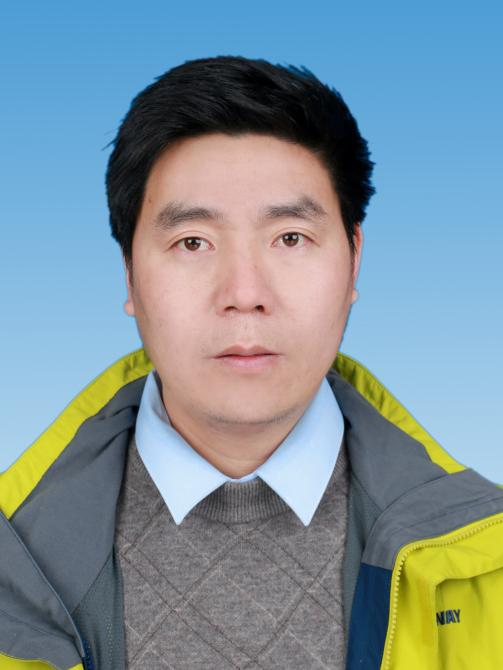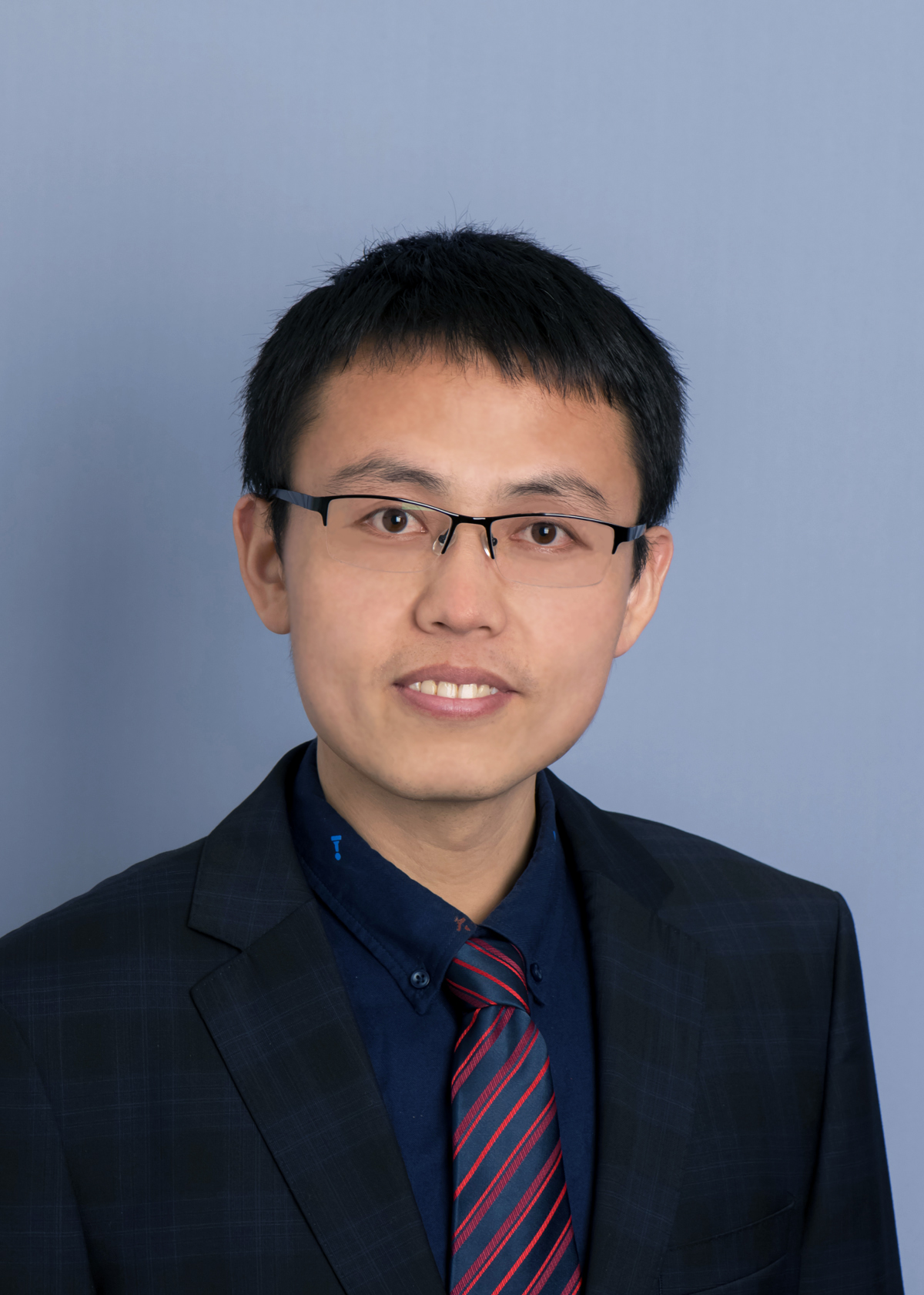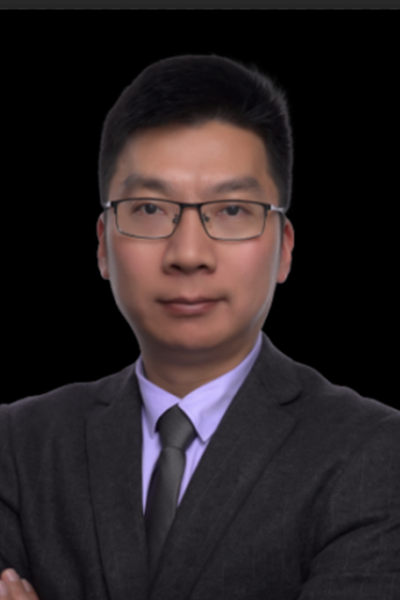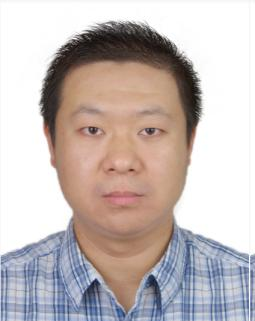| Prof. Qiegen LiuNanchang University, China BIO:Qiegen Liu is currently a professor and the executive dean of the School of Information Engineering, Nanchang University. His main research focuses on the system construction, signal processing, and algorithm implementation of intelligent imaging systems and visual display. He has published over 100 papers in authoritative journals such as IEEE Trans and Imaging & Visual Communications. He serves as a member of the special committees of dozens of international and domestic academic organizations, including IEEE and CCF, and is an editorial board member of multiple journals such as CT Theory and Applications Research, Journal of Electronics and Information Science. He has led over 30 projects, including key national R&D programs, outstanding young scientists and joint key projects of the National Natural Science Foundation, and enterprise-commissioned projects. He has co-authored 6 monographs and textbooks. His students have won over 30 awards, including the Best Paper Award at conferences and the Gold Award at the China International Internet+ Competition. He has received 6 scientific and technological awards, such as the First Prize of Jiangxi Natural Science Award, the First Prize of Wu Wenjun Artificial Intelligence Technology Invention Award, and nearly 10 honors, including the Youth Science and Technology Award of the China Society of Stereology and the Jiangxi Innovation and Excellence Award. Title:Generative intelligent medical imaging for raw data domains Abstract: In medical image reconstruction, current efforts to extract prior knowledge predominantly rely on image domains. However, since the ultimate goal of reconstruction is observational data, integrating image-domain prior information into observational data inevitably presents certain limitations. This speech presents our team's five-year research on generative AI modeling directly targeting observational data. Because each element in observational data contains partial global information about the reconstructed object, we conducted multi-angle mining of observational data. We also implemented a series of innovations spanning from multi-data learning to few-data learning, from regular sample data to non-regular sample data modeling, and from single-model processing to multi-model coordinated design. These advancements have significantly enhanced the modeling capability of prior information in observational data. The achievements have been applied in rapid MRI, sparse/low-dose CT imaging, low-count PET imaging, sparse-angle photoacoustic imaging, and other high-resolution medical imaging scenarios requiring rapid processing. |
| Prof. Yushu ZhangJiangxi University of Finance and Economics, China BIO: Since 2013, he has published over 100 papers in top-tier journals and conferences including USENIX Security, ACM MM, IEEE TIFS, IEEE TPAMI, IEEE TVCG, IEEE TSC, IEEE TDSC, IEEE TKDE, IEEE TIP, IEEE TC, and IEEE JSAC. Their work has received more than 10,000 citations on Google Scholar, with an H-index of 61, and 18 of their papers have been listed as ESI Highly Cited Papers. They have led a series of key research projects, such as the National Natural Science Foundation of China (NSFC) Young Scientists Project (Category B, formerly the "Excellent Young Scientists Fund"), national key R&D program tasks, NSFC General Program Projects, and the Jiangxi Provincial Outstanding Youth Fund. They were selected as an Innovative Leading Talent under Jiangxi Province's "Ganpo Talents Program". In 2024, their paper titled Once-for-all: Efficient Visual Face Privacy Protection via Person-specific Veils published in ACM MM won the Honourable Mention Award. Additionally, they serve as an Associate Editor for multiple international SCI-indexed journals, including IEEE TDSC (CCF Class A), Information Sciences (CAS JCR Tier 1), and Signal Processing (CAS JCR Tier 2). Title:Image Privacy Protection Abstract: Field emission electron sources hold significant potential for applications in micro/nano vacuum triode circuits, electron beam microscopy/lithography instruments, and aerospace equipment (such as mass spectrometers, neutralizers, vacuum gauges, and ion sources). Developing field emission electron sources capable of low-voltage addressable driving, high emission current intensity/density, stable emission current, high brightness, narrow energy spread, and long lifespan remains one of the critical challenges in the field of vacuum micro/nano electronics. This presentation will share our research progress in the structural design, nanofabrication, device physics, and active precision control of electron emission performance for high-performance field emission micro/nano electron sources. It will also explore the application validation of parallel electron beam chips in microscopic imaging. |
| Prof. Qijun ZhaoSichuan University, China BIO: From 1999 to 2006, Dr. Zhao obtained his bachelor's and master's degrees from the Department of Computer Science at Shanghai Jiao Tong University. From 2006 to 2010, he earned his Ph.D. from the Department of Electronic and Computer Engineering at The Hong Kong Polytechnic University. He conducted postdoctoral research at Michigan State University from 2010 to 2012, and returned to China in 2012 to join Sichuan University, where he has served as an associate professor and professor. Since August 2019, he has been supporting Tibet as the Deputy Dean and discipline leader of the School of Information Science and Technology at Tibet University. Dr. Zhao has been engaged in research in the fields of biometric recognition and computer vision, with recent research interests primarily focusing on 3D modeling and recognition and their applications in criminal science, video surveillance, healthcare, human-computer interaction, as well as object detection and recognition and their applications in ecological surveys, wildlife protection, and crowd analysis. Dr. Zhao has published over 80 academic conference and journal papers, including those in CVPR, ECCV, AAAI, ICB, PR, IEEE TPAMI, and IEEE TIFS, and has authored and translated two books related to computer vision. He holds one U.S. patent and five Chinese patents. Dr. Zhao has led research projects, including youth and general projects funded by the National Natural Science Foundation, sub-projects of the 13th Five-Year Plan's key R&D program, provincial and ministerial projects, and several industry collaboration projects. He has long served as a reviewer for well-known journals and conferences in his field, such as IEEE TPAMI, IEEE TIFS, PR, PRL, ICCV, CVPR, ECCV, AAAI, ICIP, and ICPR. Title:Animal Recognition via Visual and Audio Computing Abstract: Identifying animal species and attributes, distinguishing individual animals, and understanding their behaviors are of vital importance for wildlife monitoring and conservation. In recent years, driven by emerging deep learning technologies, multi-modal computing integrating computer vision and audition has witnessed rapid development, providing more efficient solutions for animal recognition. This has strongly promoted the empowerment of ecological civilization construction and rural revitalization by artificial intelligence technologies. This speech will introduce the applications of audio-visual computing technologies in animal recognition and present some of our recent research achievements in the field of animal biometric recognition. These include species identification, individual recognition, and behavior recognition based on appearance features, as well as animal attribute classification, emotional analysis, and behavior recognition based on vocalizations. |
| Prof. Lu LengNanchang Hangkong University, China BIO: Prof. Leng Received his Ph.D degree from Southwest Jiaotong University, Chengdu, P. R. China, in 2012. He performed his postdoctoral research at Yonsei University, Seoul, South Korea, and Nanjing University of Aeronautics and Astronautics, Nanjing, P. R. China. He was a visiting scholar at West Virginia University, USA, and Yonsei University, South Korea. Currently, he is a full professor, the dean of Institute of Computer Vision, and the office director of Key Laboratory of Jiangxi Province for Image Processing and Pattern Recognition at Nanchang Hangkong University.Prof. Leng has published more than 100 international journal and conference papers, including about 70 SCI papers and three highly cited papers. He has been granted several scholarships and funding projects, including six projects supported by National Natural Science Foundation of China (NSFC). He serves as a reviewer of more than 100 international journals and conferences. His research interests include computer vision, biometric template protection and biometric recognition. Prof. Leng is an outstanding representative of "Innovation Talent" of Jiangxi Enterprise in "Science and Technology China", received "Jiangxi Youth May Fourth Medal", "Jiangxi Hundred-Thousand-Ten-thousand Talent Project", "Jiangxi Voyage Project", etc. Title:Discrete Discriminative Feature Representation Abstract: Discrete Discriminative Feature Representation is a significant technology in the fields of pattern recognition and artificial intelligence. Its core lies in transforming complex data into discrete features with strong discriminative power. Unlike continuous features, discrete features describe the essence of objects through quantized state values and form clear boundaries. The construction of a compact and efficient set of discrete discriminative features can remarkably reduce computational complexity, while still maintain excellent recognition accuracy, so it is particularly suitable for resource-constrained application scenarios such as embedded systems. |




